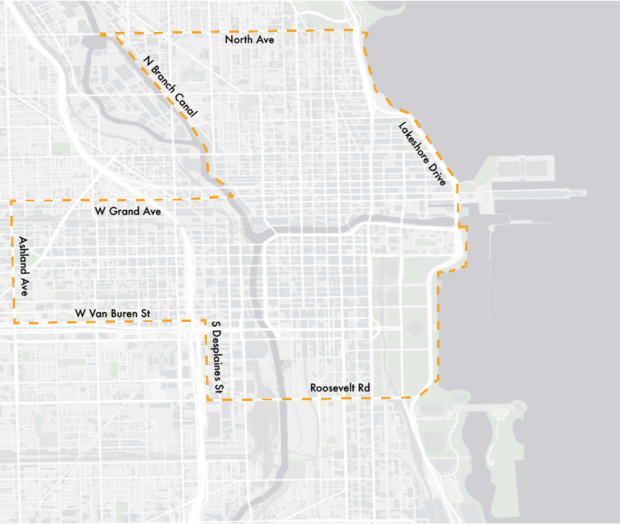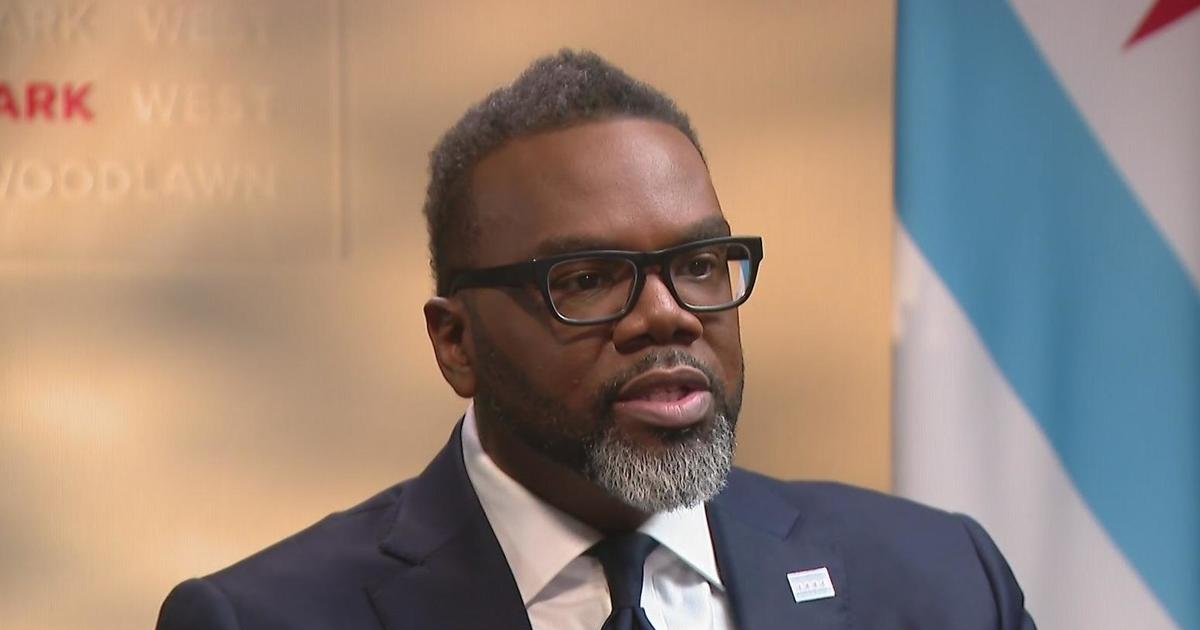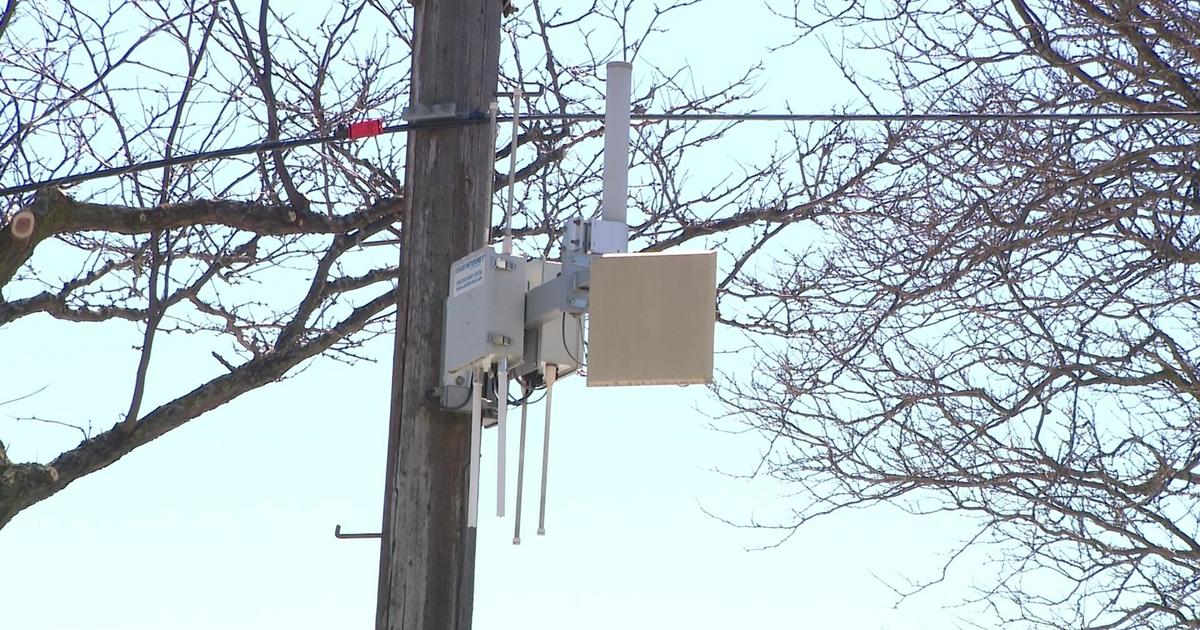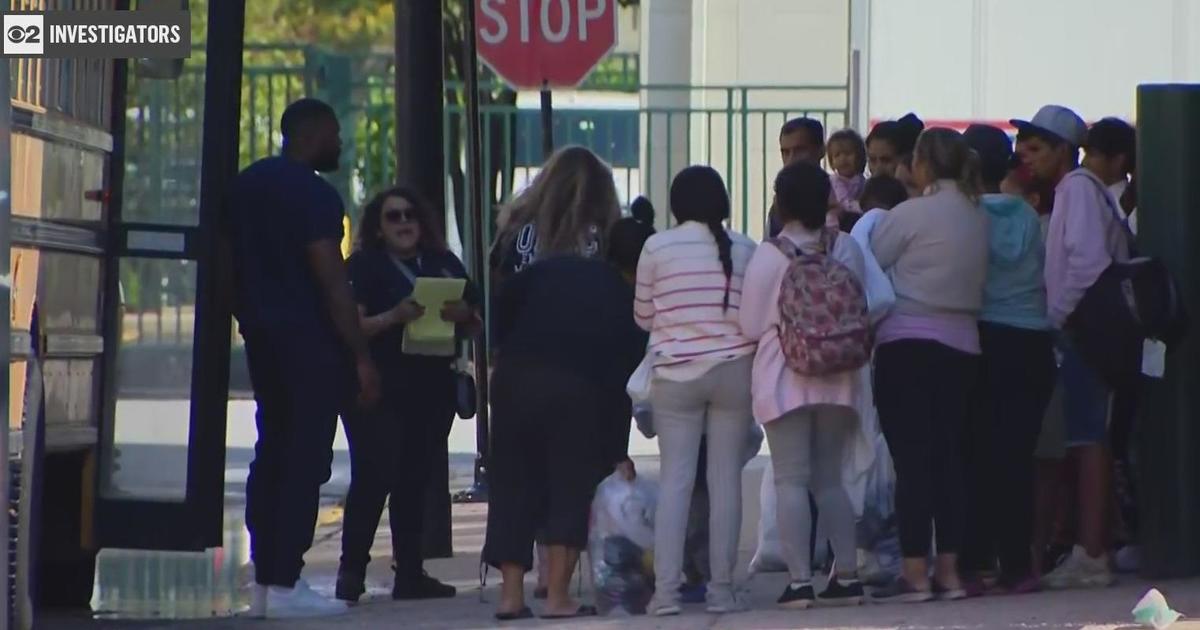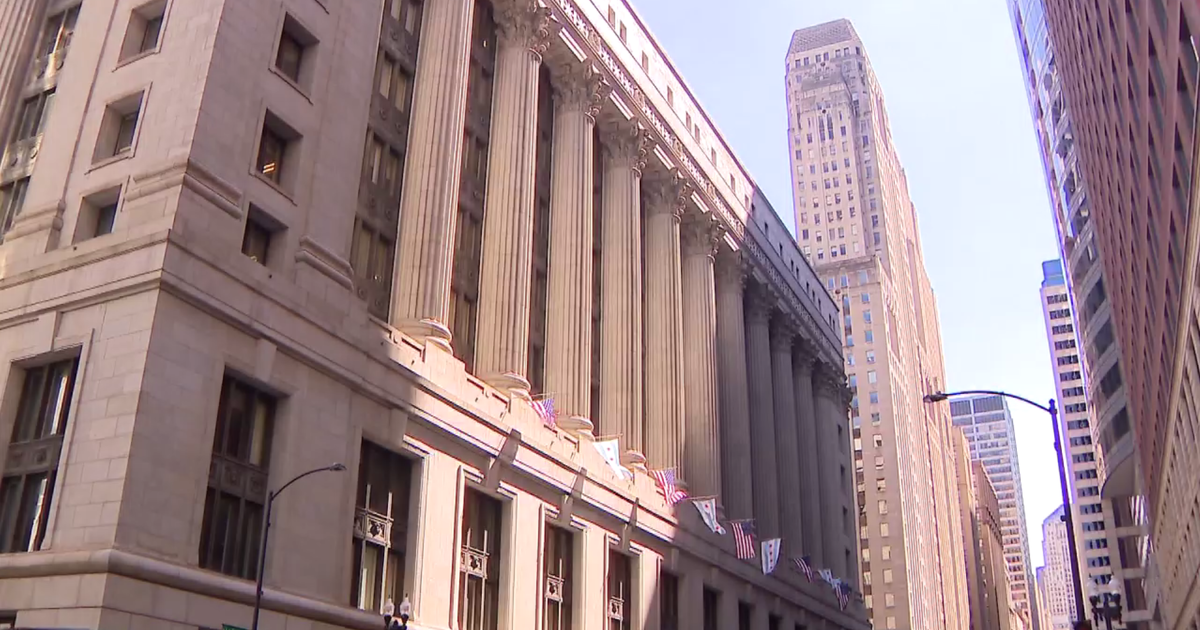Despite Criticism Her Spending Plan Is 'Smoke And Mirrors,' Mayor Lori Lightfoot's 2020 Budget Sails Through City Council
by Todd Feurer, CBS Chicago web producer
CHICAGO (CBS) -- Mayor Lori Lightfoot might be celebrating her first budget victory on Tuesday with a cigar and a glass of scotch, but her harshest critics on the council warned fellow aldermen she might be back asking them to raise property taxes if revenue projections they believe are just "smoke and mirrors" fall short.
Despite opposition from many progressive aldermen who are upset her spending plan does not include more taxes on the wealthy, the City Council approved her $11.65 billion budget plan by a 39-11 vote on Tuesday, after eliminating an $838 million deficit without a major property tax hike.
Although a slimmer margin victory than Chicago mayors might be used to on budget votes, Lightfoot noted her spending plan still sailed through with a supermajority.
"What I'm going to do today is enjoy this victory. I'm going to later smoke this cigar, probably have a little scotch, and welcome my mother home for Thanksgiving," Lightfoot said after the City Council approved her budget plan.
Ald. Raymond Lopez (15th) and other Lightfoot critics on the council were not so rosy in their assessment of the 2020 budget, with Lopez warning it was just "the calm before the storm" and predicting the mayor would be back to seek a property tax hike if the federal government does not approve $163 million in new Medicaid reimbursements for city ambulance services.
Ald. Anthony Beale (9th), who endorsed Lightfoot for mayor but became one of her most vocal critics after she chose Ald. Scott Waguespack (32nd) over him for Finance Committee chair, echoed that warning.
"If we don't get that $163 million, you all are going to be back raising property taxes on the backs of our people, and then how many accolades are we going to have in this body?" said Beale.
However, Lightfoot has said she is very confident the ambulance reimbursement funding will be approved by the end of the month, and Ald. Brendan Reilly (42nd) said there is no reason to believe it won't be.
"Some have raised concerns that this budget is built on revenue projections and assumptions. Every budget is built on revenue projections and assumptions, period. To have a balanced budget, we aren't required to have the revenue today, we simply need to have it in the door during the fiscal year," he said.
Beale, however, called the mayor's revenue projections nothing more than "smoke and mirrors."
"This is not a balanced budget. This is a budget with a bunch of holes that are going to have to be filled at a later date," he said.
In addition to Lopez and Beale, the aldermen who voted against Lightfoot's budget were Daniel LaSpata (1st), Jeanette Taylor (20th), Michael Rodriguez (22nd), Byron Sigcho-Lopez (25th), Rosanna Rodriguez Sanchez (33rd), Carlos Ramirez-Rosa (35th), Andre Vasquez (40th), Matt Martin (47th), and Maria Hadden (49th).
Five aldermen who voted for the budget later voted against the property tax levy to help pay for the mayor's spending plan, including: Brian Hopkins (2nd), Anthony Napolitano (41st), Brendan Reilly (42nd), Michele Smith (43rd), and James Gardiner (45th). Ald. Michael Rodriguez, who voted against the mayor's spending plan, voted for the property tax levy.
The mayor's budget plan includes higher taxes and fees on rideshare services, restaurants, computer cloud services, and downtown parking meters. The only property tax hike was $18 million to open all of the city's public libraries on Sundays.
Most aldermen who opposed the mayor's budget said it did not include enough progressive revenue streams targeting wealthy corporations to ease the burden on middle-class and working-class families.
But Ald. Gilbert Villegas (36th), the mayor's floor leader, said aldermen who want more progressive taxes should introduce proposed legislation that can be debated and voted on, rather than simply slinging criticisms at the mayor.
"We all want to find new revenue and take a look and find another lever to pull, but the reality is this is what we have right now," he said.
Beale said the mayor's budget relies on too many "one-time fixes" and "over-inflated projections."
The mayor's original budget plan, which she announced in October, included an attempt to bring in $50 million in new revenue next year through a graduated real estate transfer tax, but state lawmakers did not vote on her proposal during the fall veto session, leaving her to turn to a series of spending cuts and other saving measures to avoid a larger property tax hike.
In part, that "Plan B" entails an extra $10 million to $15 million in savings from her plan to refinance $1.3 million in existing debt. The mayor's budget team initially expected the refinancing plan to save a total of about $200 million, but interest rates have dropped, so now the city expects to save $210 million to $215 million.
Other savings include $20 million by slowing down new hiring, and keeping the rate at 2019 levels instead of ramping up hiring as the mayor wanted; $2 million from reduced overtime at the Chicago Fire Department; $1.2 million by reducing new jobs added within the mayor's office; $1 million to $1.5 million in modifications to existing contracts; $6 million in new efforts to reduce health insurance costs; and $4 million in "additional efficiencies,"
Ald. Harry Osterman (48th), a former state representative, chided colleagues who he accused of lobbying against the mayor's real estate transfer tax proposal in Springfield.
"We need to have one voice when we go down there and ask for something. One voice led by the mayor. For those people that want to freelance, for those people that want to call senators and state reps and ask them to hold back a vote trying to get more, I want all of you to remember how we did this veto session. We got nothing, zero," he said. "When we freelance, we get nothing."
Another sore point with progressive alderman was the fact the 2020 budget plan did not include reopening six mental health clinics closed by Lightfoot's predecessor, Rahm Emanuel. Although her budget doubles spending on mental health services, it does not reopen any of the shuttered clinics, instead focusing on better coordination between the city's existing clinics, non-profits, and hospitals.
In an apparent effort to throw a bone to progressive aldermen upset about the mental health clinics, Lightfoot included a minimum wage hike in her budget plan. Lightfoot's proposal would increase the minimum wage in Chicago from $13 an hour to $14 an hour starting in July 2020, and to $15 an hour in July 2021. After that, annual increases in the minimum wage would be tied to the consumer price index, but capped at 2.5%.
Some aldermen have criticized the minimum wage plan, because it does not eliminate the subminimum wage for tipped workers such as restaurant servers and bartenders. Instead, it would raise that subminimum wage from $6.40 an hour to $8.40 an hour in Chicago next year.
Lightfoot's budget includes approximately $104 million in new city taxes and fees, including a $40 million increase in the congestion tax charged to rideshare services like Uber and Lyft.
Under the mayor's plan, next year the combined city taxes on a solo Uber, Lyft, of Via trip that starts or ends downtown will rise from 72 cents to $3. The taxes on a shared ride downtown would rise from 72 cents per trip to $1.25 per trip.
The increased downtown fees would apply between 6 a.m. to 10 p.m., when traffic is worst. The rest of the time, trips downtown would have the same fees as the rest of the city.
For the purposes of the congestion tax, the boundaries of downtown would be North Avenue from Lake Shore Drive to the north branch of the Chicago River, the north branch of the Chicago River from North Avenue to Grand Avenue, Grand Avenue from the north branch of the river to Ashland Avenue, Ashland from Grand to Van Buren Street, Van Buren from Ashland to Desplaines Street, Desplaines from Van Buren to Roosevelt Road, and Roosevelt from Desplaines to Lake Shore Drive.
Solo rides that neither start nor end downtown would rise from 72 cents per trip to $1.25.
Trips to and from O'Hare and Midway Airports, Navy Pier, or McCormick Place would continue to be assessed a flat $5 tax.
The only ride-share customers who would see their fees drop would be riders who share a trip that neither starts nor ends in the downtown area; those shared rides would be taxed 65 cents a trip, down from 72 cents.
Lightfoot shrugged off questions about the possibility of Uber and Lyft suing to block the rideshare tax hike.
"If they want to bring it, bring it," Lightfoot said.
The only property tax increase Lightfoot has proposed is an $18 million plan to go toward opening all the city's public libraries on Sundays. Overall, property taxes will increase $65 million in 2020, but the bulk of that increase was approved before Lightfoot took office.
Aldermen already had approved $33 million to $35 million in property taxes to pay off bonds, and the city will get another $12 million to $15 million in property taxes from new construction, similar to the boost the city gets every year from new properties.
